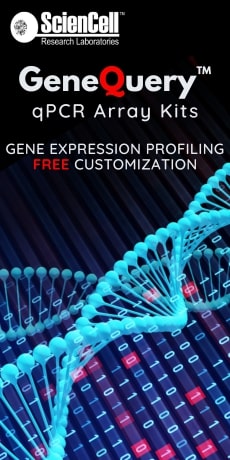Gastrointestinal Cell System
The gastrointestinal cell system functions to digest food material, absorb nutrients, and expel waste products. In addition, the gastrointestinal tract controls the digestive process by releasing hormones. Smooth muscle cells, endothelial cells, epithelial cells, and fibroblasts are vital components required for normal gastrointestinal development and function. Atypical cell proliferation and regulation within the gastrointestinal cell system contributes to the development of pathological disorders such irritable bowel syndrome, Crohn’s disease, gastroesophageal reflux disease, diverticulitis, and cancer. We offer 15 types of normal human primary cells in the gastrointestinal cell system.

